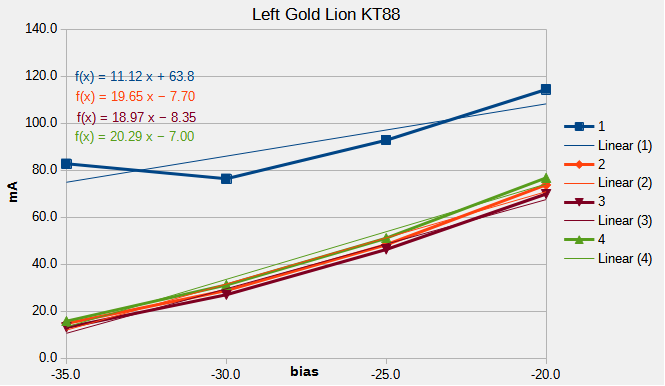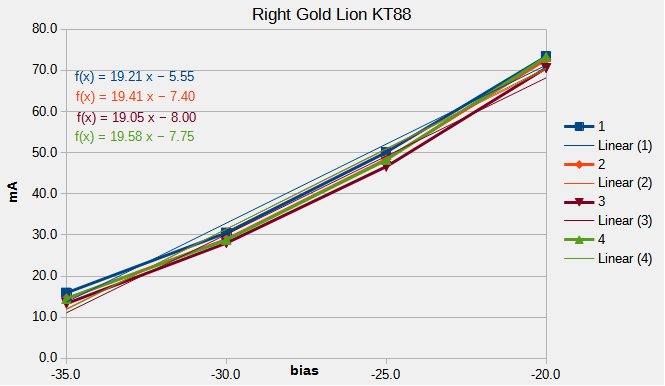I have had tubes since 1973. So my thinking is 'long', many of you don't see it that way.
I read so many questions here from people who have no idea if a problem is something else or a tube or tubes. Asking about tube life, IOW, shooting blind.
The Fisher President II I inherited in 1973 had tubes for it's: am tuner; fm tuner. tape deck, control center; pre-amps; multiplex adapter; phono; added stereo phono preamps.
What an ordeal checking them all just before Thanksgiving each year. I stood on the platform attached to the big wall like tester in the electronics store, separate paper bags for each unit.. People waiting behind me, it took forever, my feet and back hurt, .... each year maybe need 1 or 2 new tubes, 1 weak, 1 a short, ... but it gave me confidence in the unknown!
I always came home in pain saying "I want my own tester". One day the wife picks me up at the train, she drives me to a house, sends me up to the door, a surprise tube tester for my birthday! What a woman!!!!!
I still have the wanted ad she placed in the newspaper taped inside the Accurate 157. She's passed on, it's happy memories every time I open the lid.
I'm just saying, if you get into tubes, rather than shoot blind, get an inexpensive tester, get simple confirmation: short? strength meter, bad or weak (hardly ever), good, how good, matched strength?
It is hard to believe some tubes last 10,000 hours, it is hard to have confidence they don't need to be checked/replaced sooner than needed.



